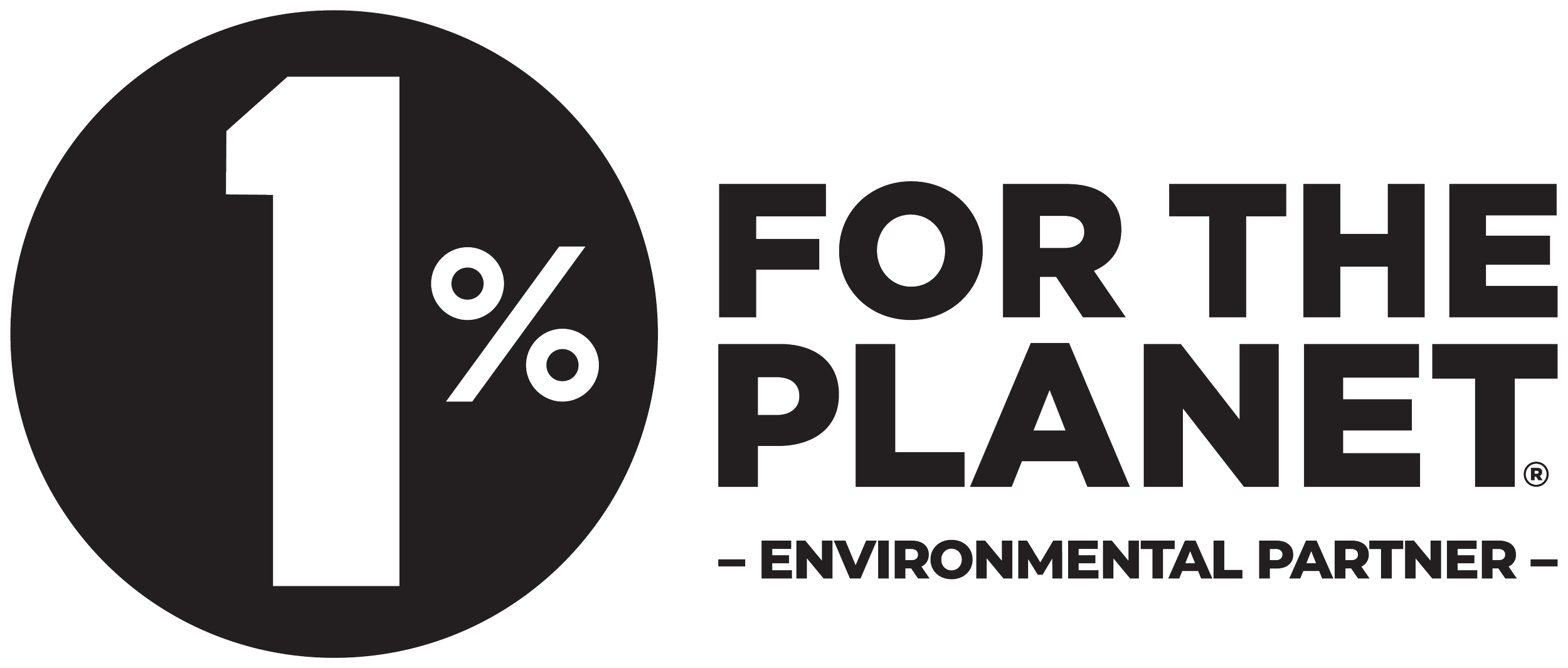Maria Victoria Leiva est Argentine de 26 ans qui poursuit un MBA en gestion de projets numériques internationaux au Digital College, Paris tout en travaillant comme chargée de communication et de plaidoyer à ONU Femmes France. Elle est résidente à la Cité Internationale Universitaire de Paris.
Son histoire personnelle l'amène à se consacrer à la défense des droits des femmes et de l'égalité. Tout au long de ses études à l’Université de Buenos Aires, UCLA, Sciences Po et la Sorbonne, elle a consacré ses recherches à la compréhension des inégalités de genre afin d’impulser des projets visant à les combler. "En Argentine, 40 % de la population vit dans un état de pauvreté et de nombreux enfants n'ont pas accès à l'éducation. Les femmes subissent un double impact de cette pauvreté car elles sont également victimes de violences", affirme-t-elle.
Victoria a travaillé en Argentine comme journaliste et a co-créé une émission de radio indépendante, pendant les mouvements féministes “Ni Una Menos”, contre les féminicides et pour l'approbation de la loi sur l'avortement.
Au long de ses études et de son expérience professionnelle, elle a pris conscience des inégalités existant entre les hommes et les femmes au travail, et notamment dans le domaine du numérique. Elle a décidé d'acquérir des compétences numériques pour créer de projets internationaux qui permettront l'accès à l'information aux femmes, plus particulièrement en Amérique Latine.
Plus tard, Victoria espère également poursuivre le travail de son oncle Luis Alberto, un desaparecido* de la dernière dictature civilo-militaire en Argentine, qui travaillait dans les quartiers vulnérables pour aider les mères et leurs enfants.
*Personnes qui ont été kidnappées, torturées et assassinées pendant la dernière dictature en Argentine et dont on ne connaît toujours pas la localisation.
Maria Victoria Leiva is a 26-year-old Argentine, pursuing an MBA in International Digital Project Management at Digital College in Paris while working as a Communications and Advocacy Officer at UN Women France. She is a resident at the Cité Internationale Universitaire de Paris.
She is commited to working for women's rights and equality. Throughout her studies at the University of Buenos Aires, UCLA, Sciences Po, and the Sorbonne, she has dedicated herself to understanding gender inequalities in order to create projects aiming at overcoming them. “In Argentina, 40% of the population lives in poverty and many children do not have access to education. Women suffer a double impact of this poverty as they, in turn, also suffer from violence,” she states.
In her home country, Victoria worked as a journalist and co-created an independent radio program during the “Ni Una Menos” feminist movements against femicides and the approval of the abortion bill.
Throughout her studies and professional experience, she became aware of the inequalities that exist between men and women in the workplace, and especially in the digital field. That is why she decided to acquire digital skills and use them in the creation of international projects that allow access to information for women in different countries, particularly in Latin America.
In the future, Victoria hopes to continue the work of her uncle Luis Alberto, a desaparecido* of the last civil-military dictatorship in Argentina, who worked in vulnerable neighborhoods to assist mothers and their children.
*People who were kidnapped, tortured and murdered during the last dictatorship in Argentina and whose whereabouts are unknown.




